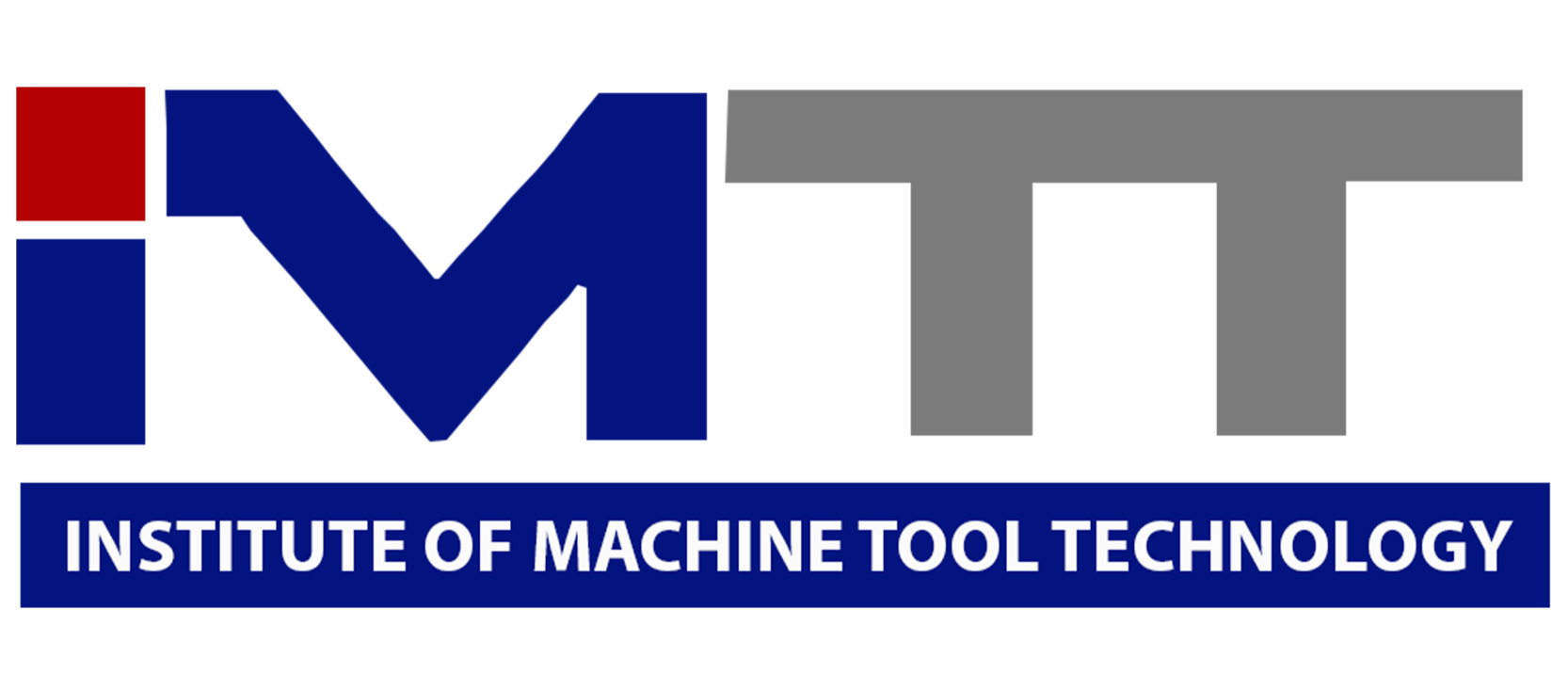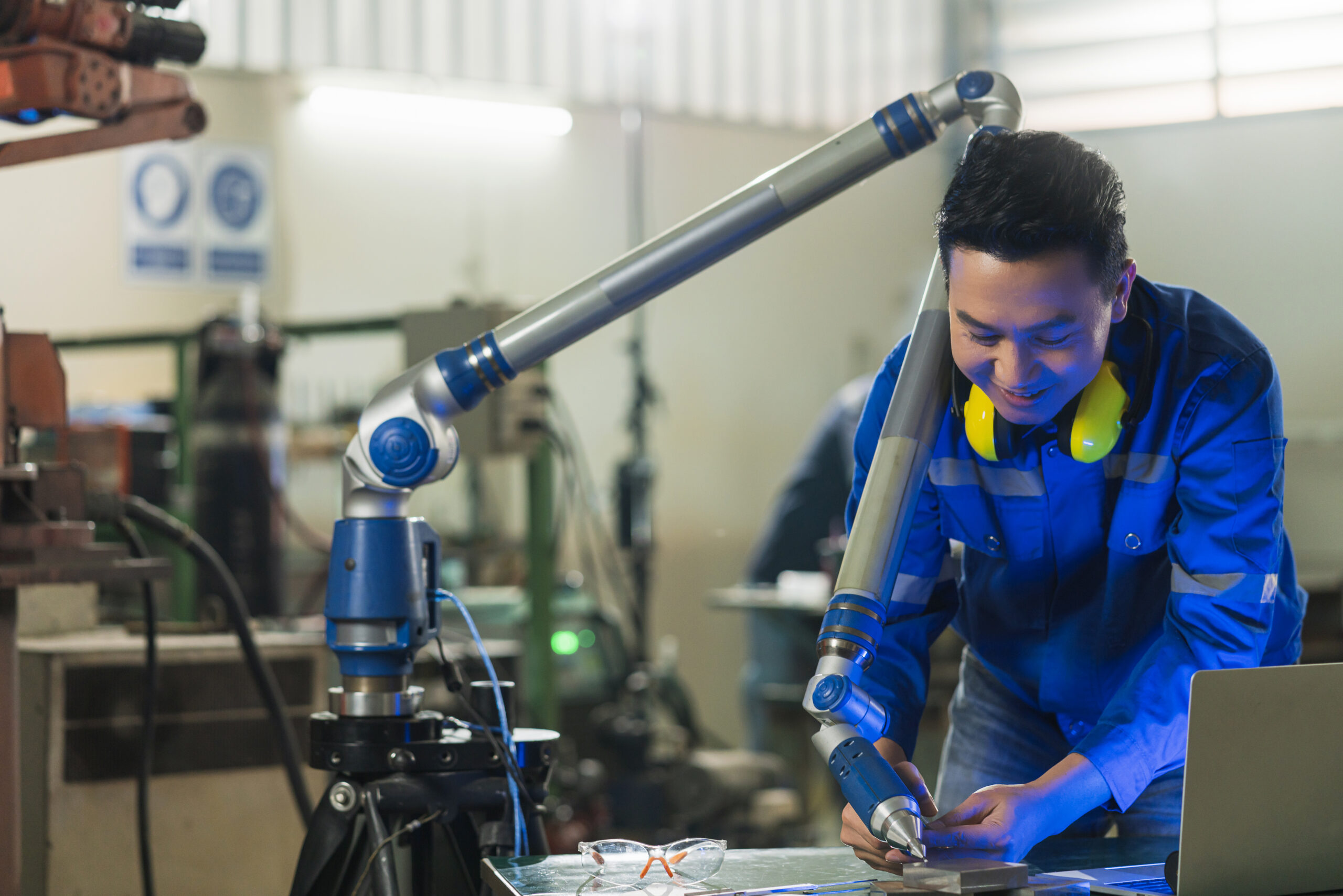Ontario’s manufacturing industry is regaining momentum, becoming a driver of economic growth and a hub for advanced skills. A 2024 workforce report from Canadian Manufacturers & Exporters (CME) revealed that manufacturing employment in Ontario grew by 2.7% year-over-year, even as other parts of the economy slowed. The sector now supports more than 787,000 jobs, contributes 11% of provincial GDP, and accounts for nearly 80% of merchandise exports (CME, 2024).
For learners, this growth highlights a simple truth: industries need skilled professionals—particularly CNC machinists and programmers—to meet the demands of a rapidly evolving industrial landscape.
Machinery Manufacturing and Automation
Ontario’s machinery manufacturing sector is a cornerstone of the economy, employing tens of thousands of workers. Job Bank projects modest but steady growth in this sector through 2026, supported by major investments in automation, robotics, and advanced production systems (Job Bank, 2024).
This means industries like aerospace, automotive, and medical devices are relying on precision CNC machining more than ever. CNC-trained professionals ensure accuracy, speed, and innovation in the production of essential parts and components.
Demand for CNC Professionals
While Ontario manufacturers embrace technology, the human expertise behind machines remains vital. According to labour market data, machinists and machining inspectors (NOC 72100) in Ontario earn wages between $18.75 and $39.00 per hour, with a median of $28/hour (Job Bank Ontario, 2024). That translates to annual salaries between $45,000–$65,000, with higher earnings possible for experienced professionals.
This competitive compensation reflects not only the technical expertise required but also the increasing shortage of skilled tradespeople in the province. For students, this is a clear signal that CNC training offers strong career prospects.
Skills for the Future Workforce
As manufacturing becomes more automated, the skill set needed by employers continues to evolve. CNC machinists today must be proficient in:
- CAD/CAM software (such as Mastercam) for design and toolpath generation.
- Programming and setup for CNC mills and lathes.
- Precision measurement and metrology to ensure accuracy and quality.
- Problem-solving and adaptability, as machines integrate with Industry 4.0 technologies.
Employers are looking for candidates who can blend hands-on machining experience with digital skills to thrive in high-tech environments.
Why Students Should Choose IMTT
At the Institute of Machine Tool Technology (iMTT), we equip students with exactly these skills. Our CNC Machine Tool Operator & Programmer Diploma program combines 500+ hours of hands-on workshop training with expert-led instruction in setup, programming, CAD/CAM, Mastercam, and precision metrology.
Graduates leave ready to enter Ontario’s thriving industrial workforce—confident, job-ready, and aligned with industry needs.
Ontario’s manufacturing resurgence is real, and CNC machinists are at its core. For students seeking a stable, rewarding, and future-focused career, CNC training at iMTT is the ideal launchpad.
References
- Canadian Manufacturers & Exporters. (2024). Ontario Manufacturing Workforce Report.
- Canadian Manufacturers & Exporters. (2024). Manufacturing Ontario’s Future.
- Government of Canada. Job Bank. (2024). Sectoral Profile: Machinery Manufacturing – Ontario.
- Government of Canada. Job Bank. (2024). Wages: Machinists and Machining and Tooling Inspectors – Ontario (NOC 72100).





